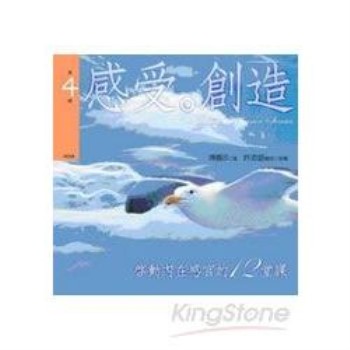This new edition of the Routledge Handbook of Gender in South Asia provides a comprehensive overview of the study of gender in South Asia. The Handbook covers the central contributions that have defi ned this area and captures innovative and emerging paradigms that are shaping the future of the field. It offers a wide range of disciplinary and interdisciplinary perspectives spanning both the humanities and social sciences, focusing on India, Pakistan, Bangladesh and Sri Lanka. This revised edition has been thoroughly updated and includes new chapters, thus adding new areas of scholarship. The Handbook is organized thematically into five major parts:
- Historical formations and theoretical framings
- Law, citizenship and the nation
- Representations of culture, place, identity
- Labor and the economy
- Inequality, activism and the state
The Handbook illustrates the ways in which scholarship on gender has contributed to a rethink of theoretical concepts and empirical understandings of contemporary South Asia. Finally, it focuses on new areas of inquiry that have been opened up through a focus on gender and the intersections between gender and categories, such as caste, ethnicity, sexuality, and religion. This timely study is essential reading for scholars who research and teach on South Asia as well as for scholars in related interdisciplinary fields that focus on women and gender from comparative and transnational perspectives.












